Jury deliberates on the guilt of alleged rapist Harvey Weinstein
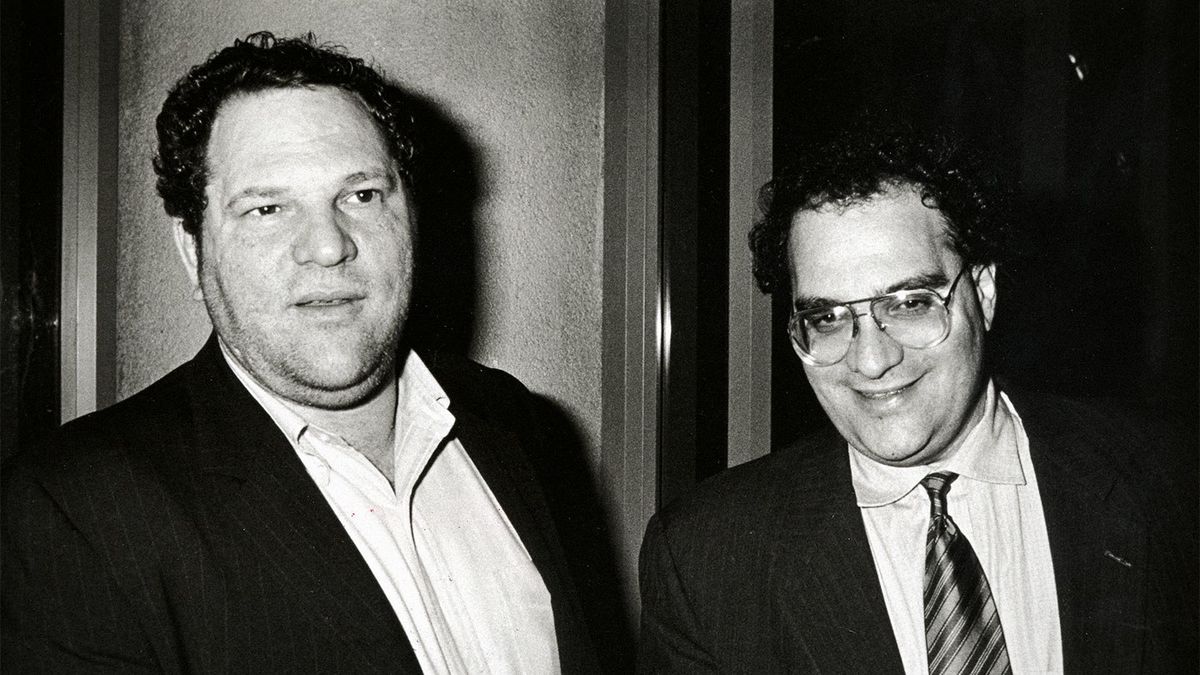
A few minutes every morning is all you need.
Stay up to date on the world's Headlines and Human Stories. It's fun, it's factual, it's fluff-free.
On Tuesday, February 18, 2020, the jury for the Harvey Weinstein trial began deliberations to determine whether the former Hollywood mogul should be convicted over multiple counts of rape.
The charges against Weinstein relate to two separate women, though over 80 accusations of sexual misconduct have been made against the defendant since 2017.
Public reaction to Weinstein’s alleged sexual misdeeds have turned the #MeToo movement into an international platform for victims of sexual assault and harassment. Though the movement’s roots go back to the 2006 activism of Tarana Burke, the campaign exploded into the public consciousness when numerous celebrities began voicing it on their social media platforms.
The trial of Harvey Weinstein
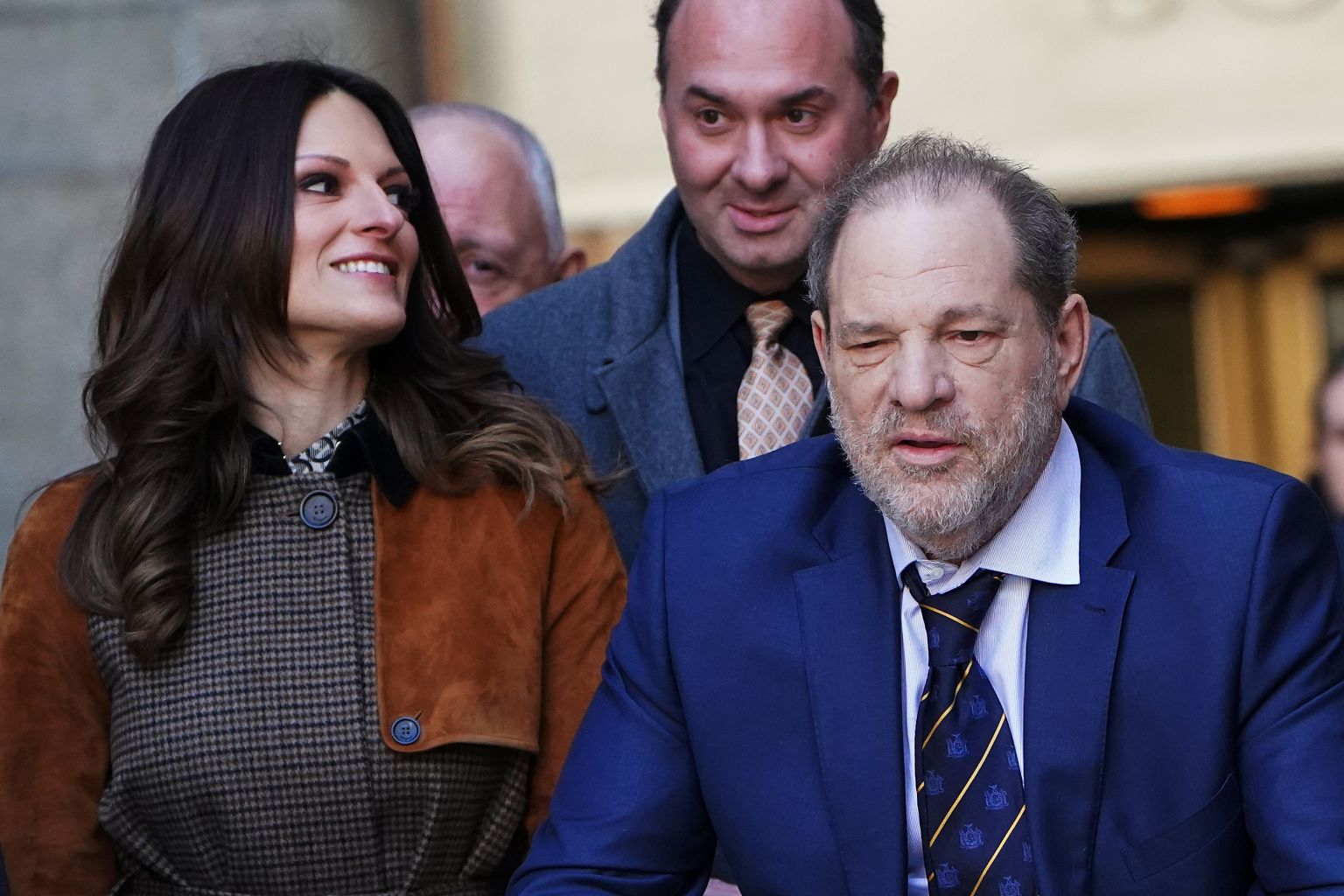
Weinstein is facing five charges of rape or sexual assault in Manhattan, based on the accusations of two women: Jessica Mann and Miriam Haley (Haley recently changed her last name from Haleyi).
Mann, a former actress, alleges Weinstein raped her, while Haley, a former production assistant on “Project Runway,” has testified that Weinstein performed non-consensual oral sex on her.
The two women gave detailed testimony during the trial, describing situations when they were forced to perform unwanted, “degrading” sexual acts. Mann also reported that Weinstein appeared to her to be “deformed and intersex.”
A third prominent witness in the trial was “The Sopranos” actress Annabella Sciorra. Sciorra accused Weinstein of raping her in the mid-90s in her New York apartment. That alleged rape is not among the charges, as the statute of limitations for that crime has passed. Rather, Sciorra’s testimony was intended to support the prosecution’s case by showing Weinstein’s history of sexual predation.
On Tuesday, after two weeks of testimony, the trial entered the jury deliberation phase. As of today, the jury, which consists of five women and seven men, had yet to return a verdict.
The history of Harvey Weinstein
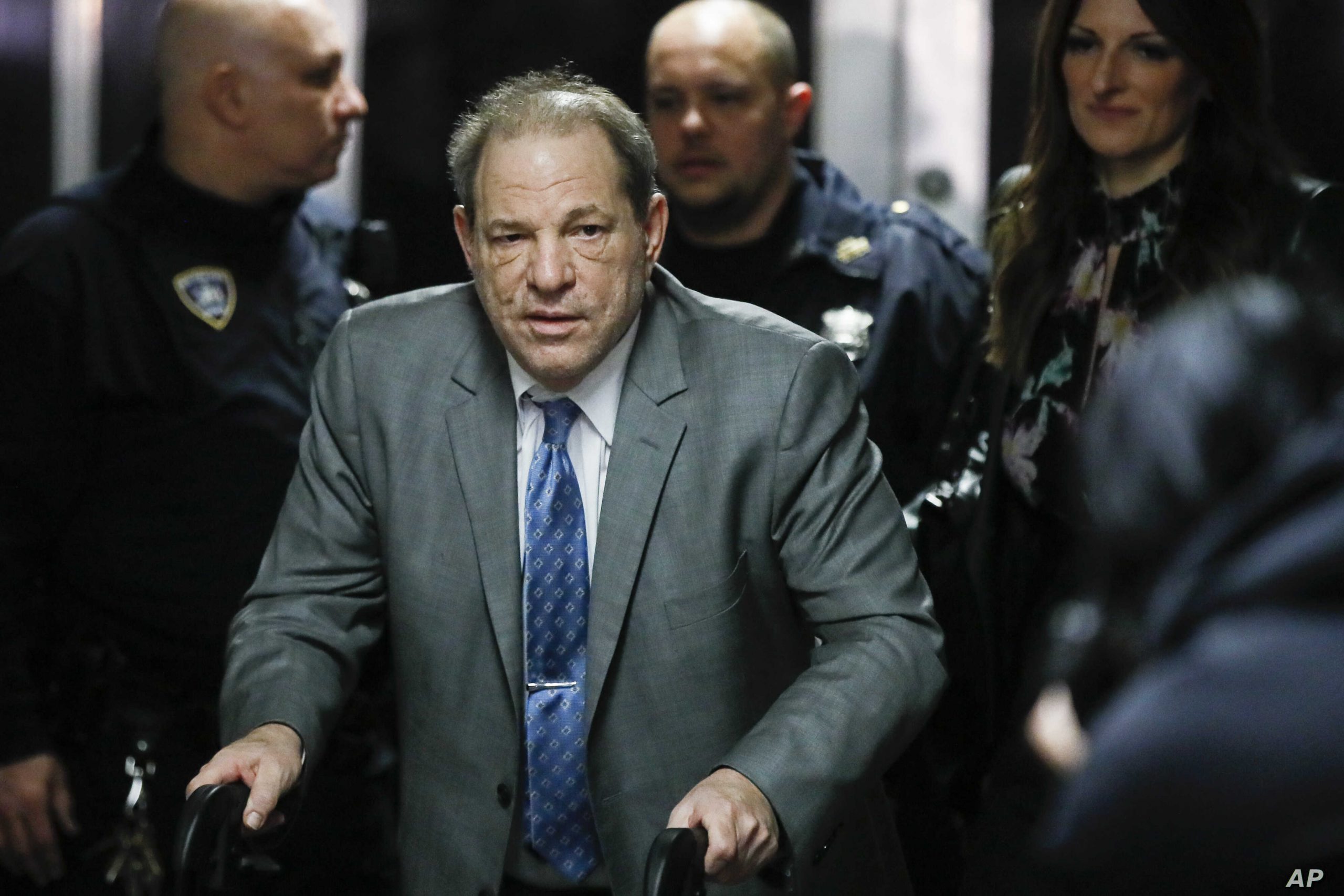
Prior to an avalanche of sexual misconduct accusations in 2017, Weinstein was one of the biggest names in Hollywood, a famous producer known for shepherding films to Oscar success. Along with his brother, Bob, his production credits include some of the most awarded films of the last quarter century, including “Pulp Fiction,” “The Lord of the Rings” trilogy, and “Shakespeare in Love.”
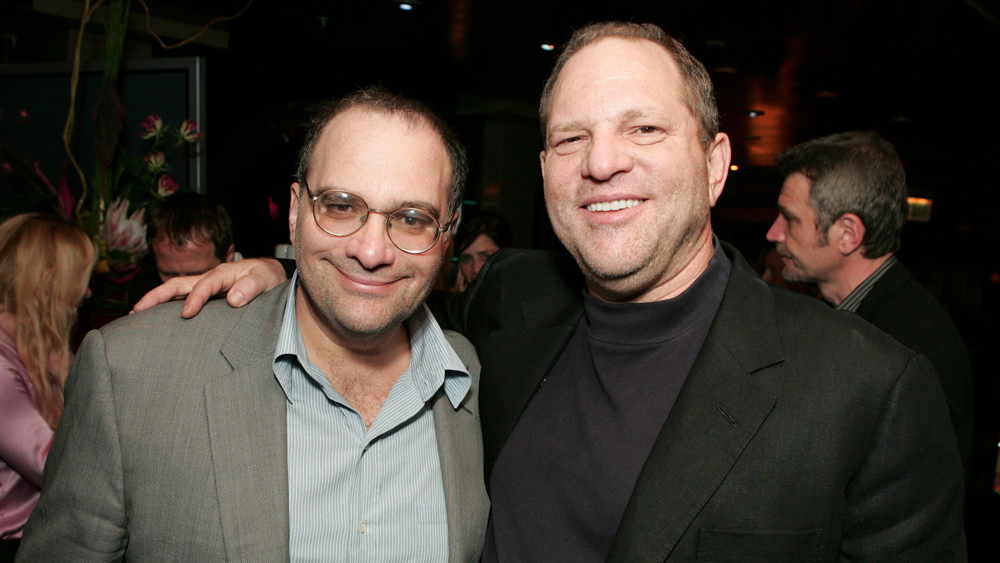
On October 5, 2017, however, The New York Times published a bombshell report by Jodi Kantor and Megan Twohey that outlined how, for decades, Weinstein had paid off women who accused of him of sexual assault or rape.
Less than a week later, the New Yorker released their own investigative piece, written by Ronan Farrow, which included interviews with 13 of Weinstein’s alleged victims, conducted over a ten month period. Farrow’s piece reported incidences of assault and harassment ranging from the 1990s to 2015.
At the time, Weinstein released a statement, saying, “I appreciate the way I’ve behaved with colleagues in the past has caused a lot of pain, and I sincerely apologize for it. Though I’m trying to do better, I know I have a long way to go.”
Weinstein’s lawyer at the time, Lisa Bloom, defended her client, saying he was “an old dinosaur learning new ways.”
In the ensuing months, dozens of women came forward to publicly accuse Weinstein of everything from rape and harassment to career sabotage for resisting his advances.
By June 2018, 87 women had made accusations against Weinstein, including well-established actresses like Kate Beckinsale, Salma Hayek, Lupita Nyong’o, and Gwyneth Paltrow.
Another actress, Rose McGowan, reached a settlement with Weinstein in 2007 for an unspecified interaction. In 2018, she released a memoir entitled “Brave” that includes a description of Weinstein’s alleged rape of her, something she alluded to in a series of tweets in October 2016.
The #MeToo movement ignites
Shortly after the Weinstein stories broke, a tweet by actress Alyssa Milano helped turn the phrase “me too” into a global rallying cry for victims of sexual assault. Milano asked those who had “been sexually harassed or assaulted [to] write ‘me too’ as a reply” to the tweet.
Women began sharing their stories across social media, using the hashtag #metoo to spread awareness.
However, well before the Weinstein stories broke, an activist named Tarana Burke had created a movement called Me Too as a means of helping victims of sexual violence. Burke’s focus was particularly on black women and girls who she found often lacked an outlet for discussing such matters.
In the years since the two Weinstein articles were published, countless powerful men across industries, most especially media figures, have faced accusations of sexual misconduct.
Comedian Louis CK, former NBC newscaster Matt Lauer, and self-help guru Tony Robbins are just a few of the men who have been accused by multiple women.
[article_ad]

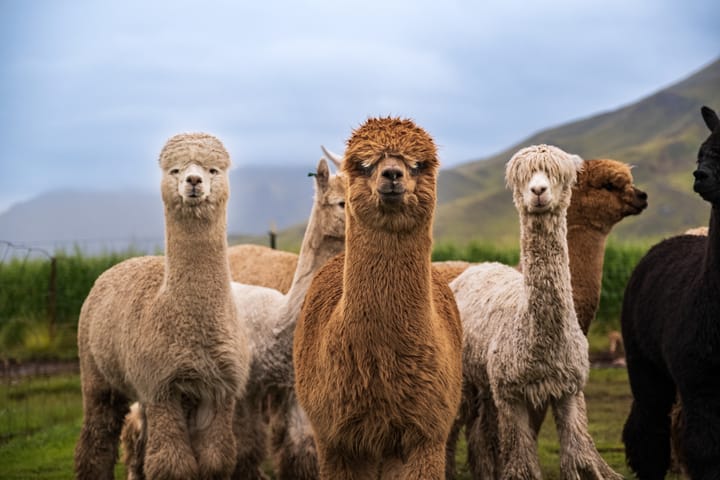

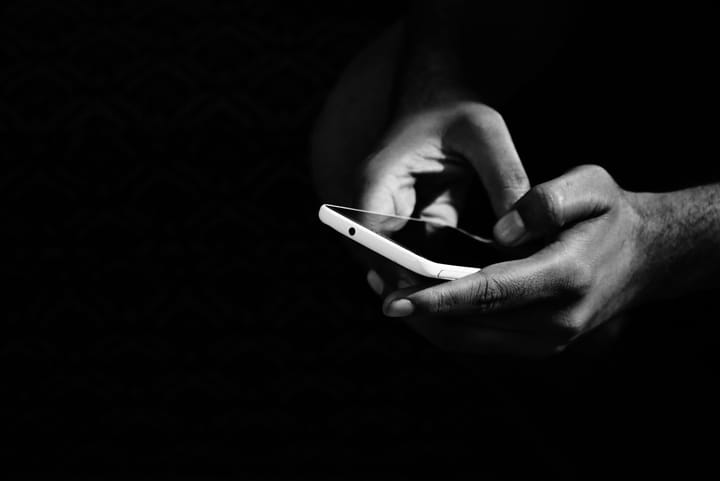
Comments ()